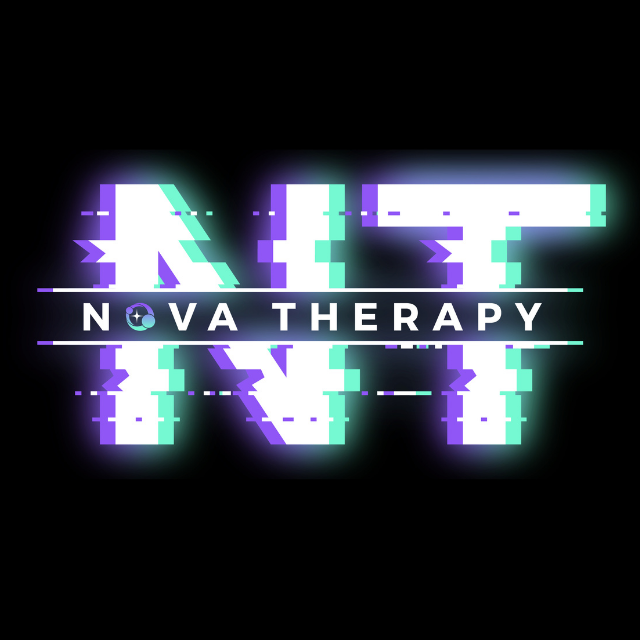Let’s be real—trauma isn’t just some buzzword. It’s a part of life for many of us, whether it’s from a tough childhood, heartbreak, or experiences we don’t even realize left a mark. And when we don’t deal with it, trauma has this sneaky way of showing up in our relationships. So today, let’s unpack how past trauma might be playing a role in your current connections, what the signs look like, and how you can start to heal and create healthier dynamics with the people you love.
How Trauma Affects Relationships
When we think about relationships, we want them to be about love, trust, and good vibes. But when unhealed trauma enters the picture, things can get messy. Trauma can mess with how we see the world, others, and even ourselves. It can make it tough to trust, open up, or communicate effectively.
For example, if you’ve been hurt by someone who walked out on you, you might fear rejection, leading to clinginess or even pushing people away first. If you’ve experienced betrayal, you might find yourself questioning your partner’s loyalty even when they’ve done nothing wrong. These reactions aren’t about the present—they’re echoes of the past.
The tricky part? Most of this happens on autopilot. You might not even realize your trauma is calling the shots. The good news? Recognizing this is a powerful first step.
Signs of Triggers and PTSD in Relationships
Trauma isn’t one-size-fits-all, but here are some common ways it might show up in your relationship:
- You’re Super Reactive: A small disagreement feels like a huge deal, or you find yourself snapping easily.
- You Avoid Certain Topics: Some things just feel too heavy or risky to talk about.
- Trust Issues: Even when your partner hasn’t given you a reason, you find it hard to believe they’re being honest or loyal.
- Always On Edge: You feel like you’re waiting for the other shoe to drop.
- Low Self-Esteem: You question whether you’re worthy of love or if your partner truly cares about you.
If any of these sound familiar, it might be worth looking inward to see if unhealed trauma is playing a role.
The Pros and Cons of Bringing Trauma Into Relationships
Okay, so here’s the thing—nobody walks into a relationship without some baggage. And honestly? That’s okay. Trauma is just part of being human. But let’s break down how it can affect your relationship, both for better and worse:
The Upsides:
- Deeper Connection: When you’re open about your struggles, it can lead to vulnerability and a closer bond.
- Growth Opportunities: Working through trauma together can actually make your relationship stronger.
- Empathy: People who’ve experienced trauma often have a deeper understanding and compassion for others.
The Downsides:
- Misunderstandings: Trauma can cause you to misinterpret what your partner says or does.
- Emotional Walls: It might be hard to fully open up, even when you want to.
- Conflicts: Triggers can lead to unnecessary arguments or hurt feelings.
The key is acknowledging these dynamics so you can work through them together.
Steps Toward Healing and Building Healthy Dynamics
Healing isn’t an overnight fix—it’s a process. But it’s one that’s absolutely worth it. Here are some steps to get started:
- Spot the Patterns: Start noticing how your past might be influencing your present. A little reflection can go a long way.
- Talk It Out: Share your experiences and triggers with your partner. Being honest helps build understanding and trust.
- Get Professional Help: Therapy is a game-changer. A good therapist can help you process your trauma and develop healthier coping skills. Visit us at https://www.novatherapypllc.com to get started.
- Set Boundaries: Boundaries are about creating a safe space for both you and your partner. They’re not selfish—they’re essential.
- Show Yourself Grace: Healing is messy, and that’s okay. Be patient and kind to yourself along the way.
How Your Partner Can Support Your Healing
A supportive partner can make all the difference. If you’re in a relationship, here’s how your partner can help:
- Just Listen: Sometimes you don’t need advice; you just need to feel heard.
- Be Patient: Healing isn’t a straight line, and it takes time. Patience shows love and commitment.
- Learn About Trauma: Encourage your partner to educate themselves so they can better understand your experience.
- Offer Reassurance: A little encouragement and consistency go a long way in rebuilding trust.
- Respect Boundaries: Whether it’s giving space or avoiding certain triggers, respecting your needs shows care and support.
Moving Forward Together
Here’s the thing: unhealed trauma doesn’t have to define your relationships. With some self-awareness, open communication, and a willingness to grow, you can create connections that are rooted in love, trust, and respect. Healing might feel daunting, but every step forward—no matter how small—is progress.
So, take a moment to reflect. Where are you on your healing journey? And if you’re ready, consider reaching out to a therapist or starting a conversation with your partner. You’ve got this, and brighter, healthier relationships are absolutely within reach.













